Where is Barry George now? The man wrongly convicted of Jill Dando's murder
Barry George now lives in a different country
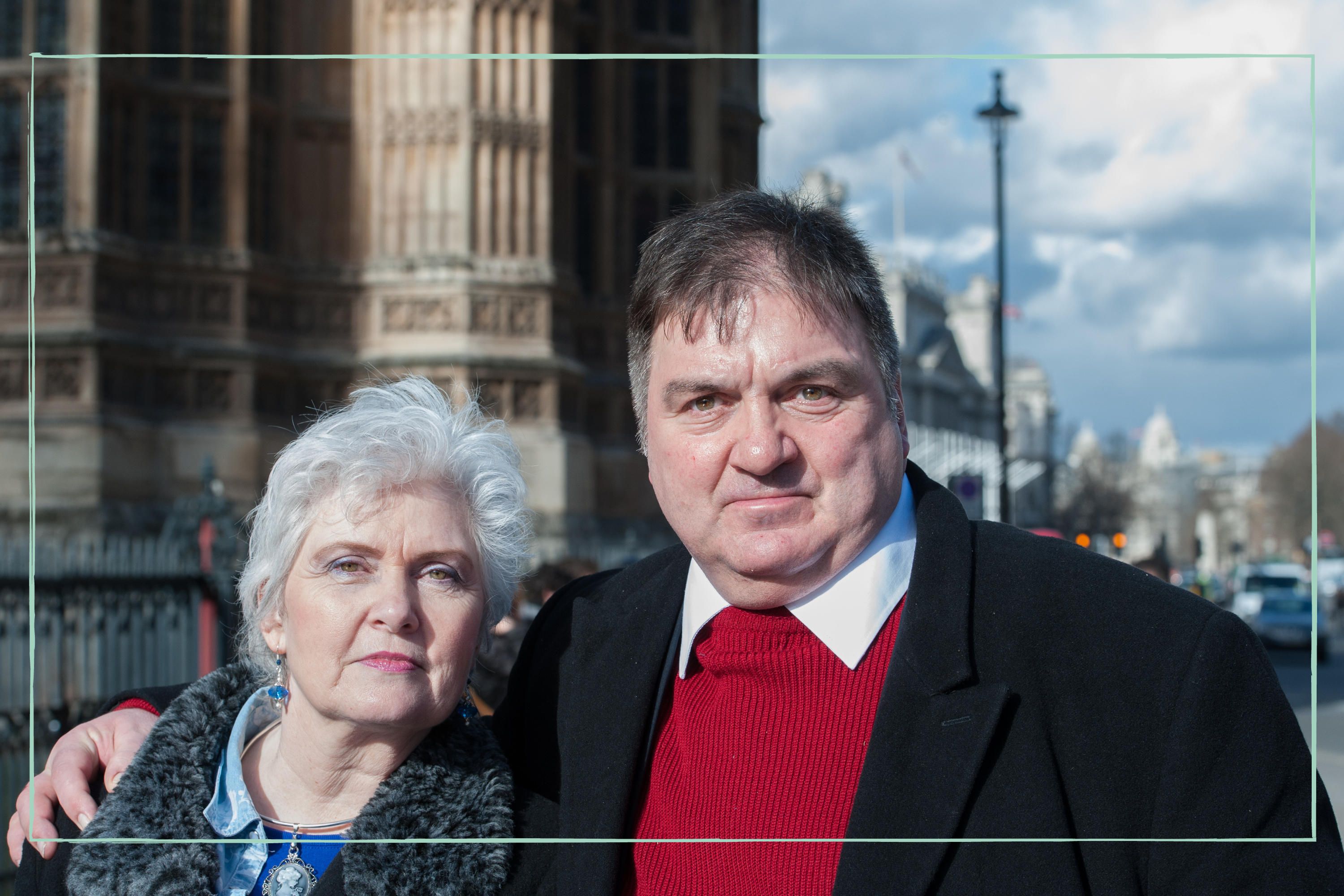

Where is Barry George now? He was wrongly convicted of Jill Dando's murder and with the Netflix documentary Who Killed Jill Dando? airing, viewers are wondering what became of him.
In 1999, the world was shocked when news broke that broadcasting legend, Jill Dando, had been murdered at the age of 37. A single bullet took the life of the much-loved presenter, when she was shot on her own doorstep in broad daylight. The three-part documentary Who Killed Jill Dando? offers a new look at the true-crime mystery, as her family and friends, journalists, and other investigators discuss what could have happened. Barry George was wrongfully convicted of her murder at the time, and later released from prison. Following the miscarriage of justice, viewers have been wondering what happened to Barry, and where he is now - read on for everything we know.
We've also looked into what happened to Joanne Hayes, who was wrongly accused in the Kerry babies case, documented in Channel 4's The Baby on the Beach. Netflix's Beckham documentary sees David break years of silence over an alleged affair with Rebecca Loos, as we look at what she is doing now. Meanwhile, season two of Murdaugh Murders has true crime fans wondering where Alex Murdaugh is now.
Where is Barry George now?
Barry George is now 63 and lives in Cork, Ireland with his sister. He was found guilty of Jill Dando's murder in July 2001, and sentenced to life imprisonment - he was released in 2008.
It took police a year to identify George as a suspect, before making their arrest. He was known locally as a person with an odd disposition, and considered a loner. With a history of fantasist behaviour, he had taken on several pseudonyms in his life, and been at the heart of untruthful stories about himself that ended up in local newspapers. George lived in squalor, and after leaving a special school for children with emotional and behavioural difficulties, racked up a plethora of criminal convictions in his life - he was once accosted in the grounds of Kensington Palace gardens with a knife, brandishing a poem he'd written for Prince Charles.
Following his conviction, George spent eight years in prison, with two appeals in that time to try and overturn the sentence. He first appealed in 2002, with his legal team disputing both his identification as the killer, and the reliability of forensic evidence used to convict him. His first appeal was dismissed.
After four years, a further appeal was secured. New evidence based on his many mental health and personality disorder diagnoses suggested he would not have been capable of committing the crime. This quashed the conviction, and George was acquitted following a retrial.
GoodtoKnow Newsletter
Parenting advice, hot topics, best buys and family finance tips delivered straight to your inbox.
When he was told he was to be released, the Guardian reported George's lawyer, Jeremy Moore, said George's response was "I cannot believe it." His sister, Michelle Diskin, had campaigned for his release during his incarceration, punched the air in celebration at the news.
A statement read by Jeremy Moore on behalf of George, at the time, said "I am overwhelmed. I want to thank my family, legal team, and all the people who have supported me in prison and around the country." Diskin added "We have been fighting for many years. Now we need time together to be a family again." George moved to Ireland in 2010.
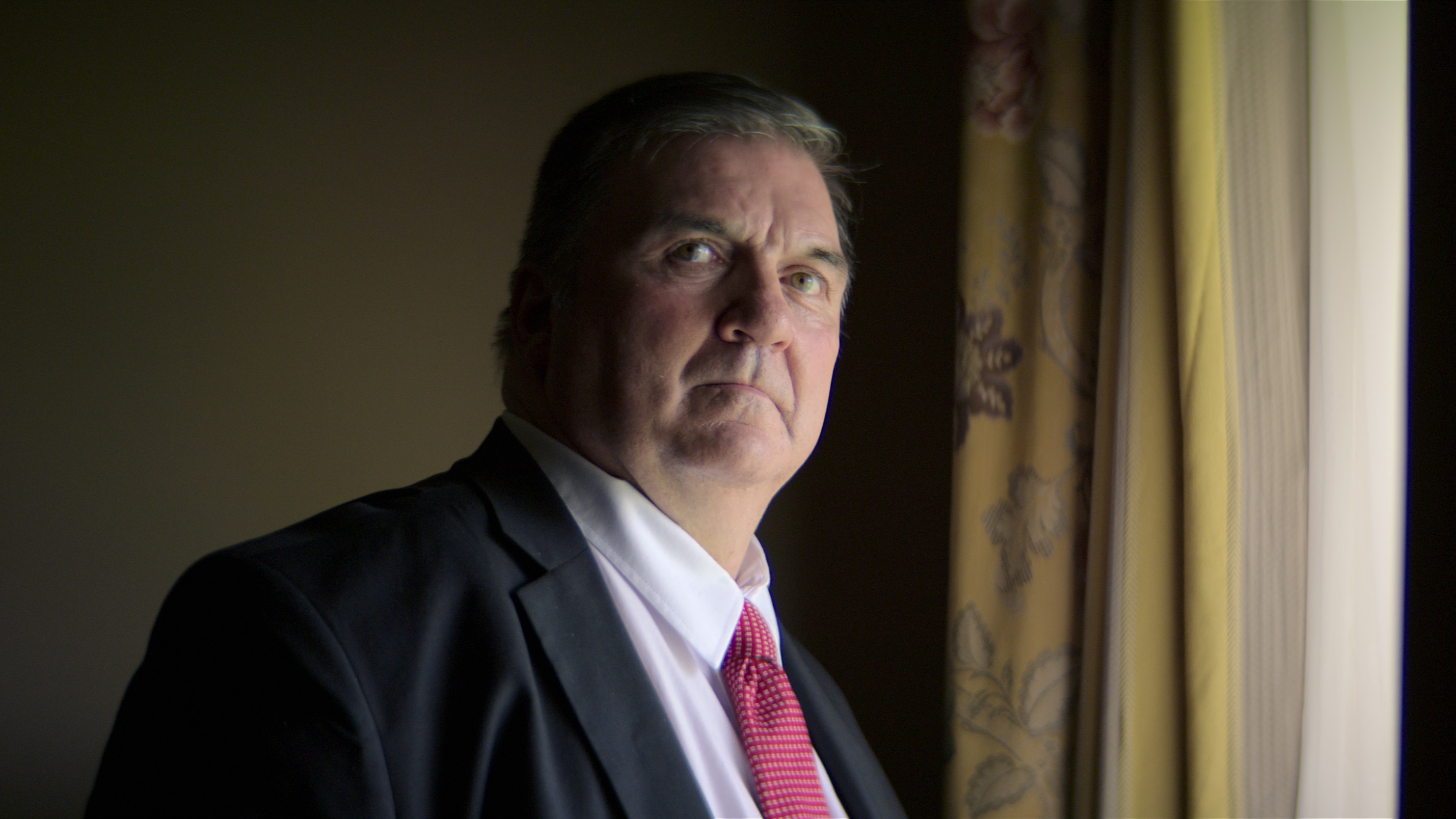
Why did Barry George get convicted?
Barry George's name arose as a suspect at the time of the murder after a public appeal placed him at the scene. On searching his flat, a single particle of gunshot residue found in a coat pocket that was taken by forensics, was thought to be from the weapon that killed Jill Dando.
George lived in Fulham not far from Dando's house, and the police search of his flat turned up hundreds of covertly taken photos of women - including some celebrities. Surveillance carried out on him saw George persistently approach women and attempt to engage them in conversation.
Pictures of him wearing a mask and holding a gun further built the case against him, and the litany of gun and military paraphernalia at his property furthered suspicion. There was, however, no direct evidence placing George at the scene - the only confirmed sighting of a suspect described him as having a Mediterranean appearances not in-keeping with George.
According to Metro, George said in 2019 "There are probably a select few people who may think, 'okay, he’s been through the case. He’s got off on a technicality, probably, or whatever. But my conscience was clear – I knew I hadn’t done it." He added "I find it sad that they done what they’ve done to me and that they didn’t have no sound evidence. The truth of the real killer is somewhere out there, you know."
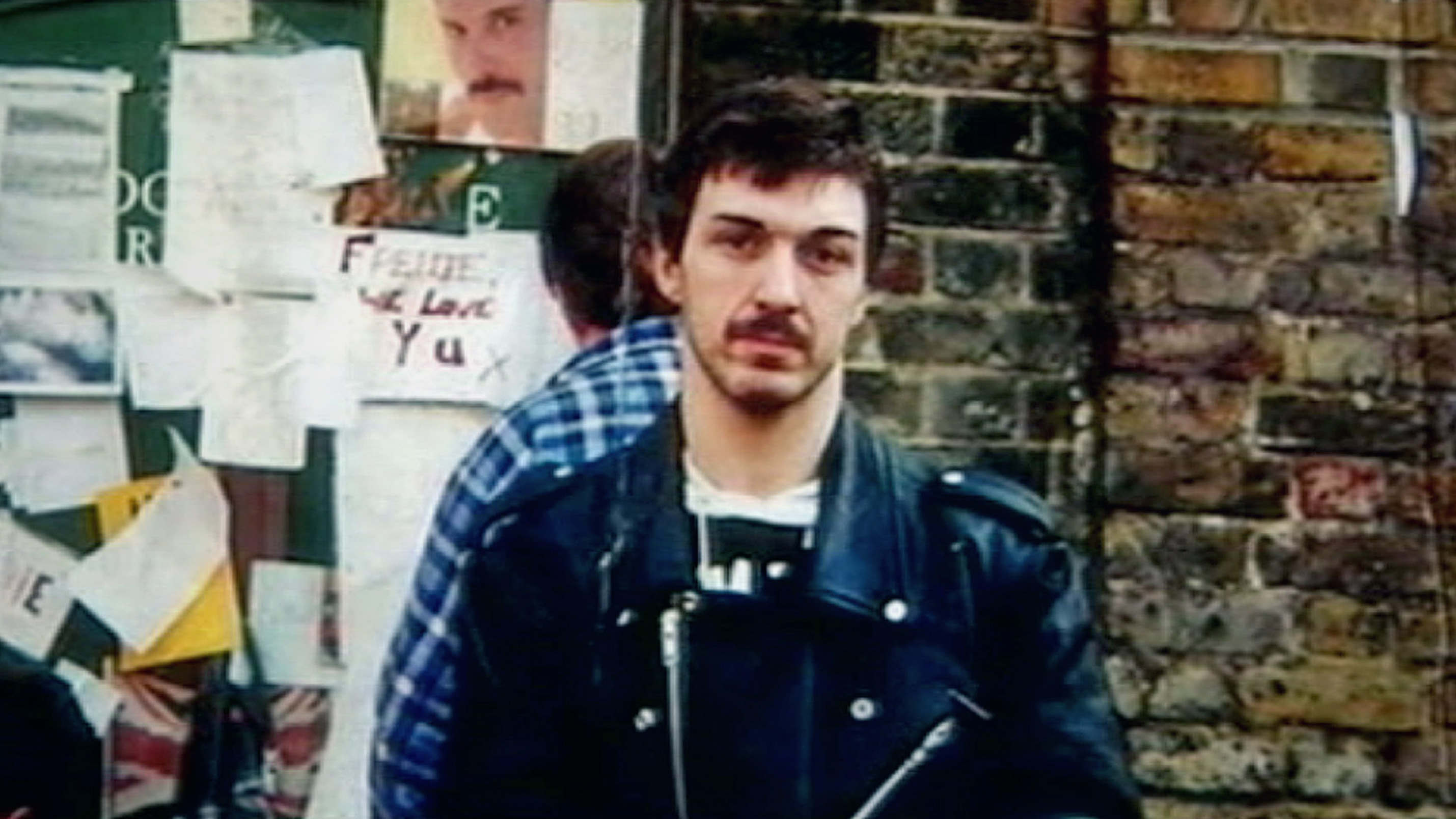
Why was Barry George released?
Barry George was released when a Court of Appeal heard crucial forensic evidence used to convict him, could have come from an unrelated source and not necessarily a gun fired by him.
According to BBC coverage at the time, William Clegg QC, argued the firearm evidence carried "zero or neutral evidential weight." The appeal suggested the original jury had been "misled" by prosecutors over the significance of the firearm discharge found in George's pocket, which could easily have gotten there from another source.
The residue evidence was then not permitted to be presented to the jury at George's retrial. His sister Michelle, said at the time "A huge thank you to the jury. They obviously worked very hard to ensure they correctly interpreted the circumstantial evidence in this case."
Despite celebrations from George's family, head of Scotland Yard's homicide and serious crime command, Simon Foy, said "We are disappointed by today's verdict but especially disappointed for Jill's family and friends. However, we respect the decision of the court."
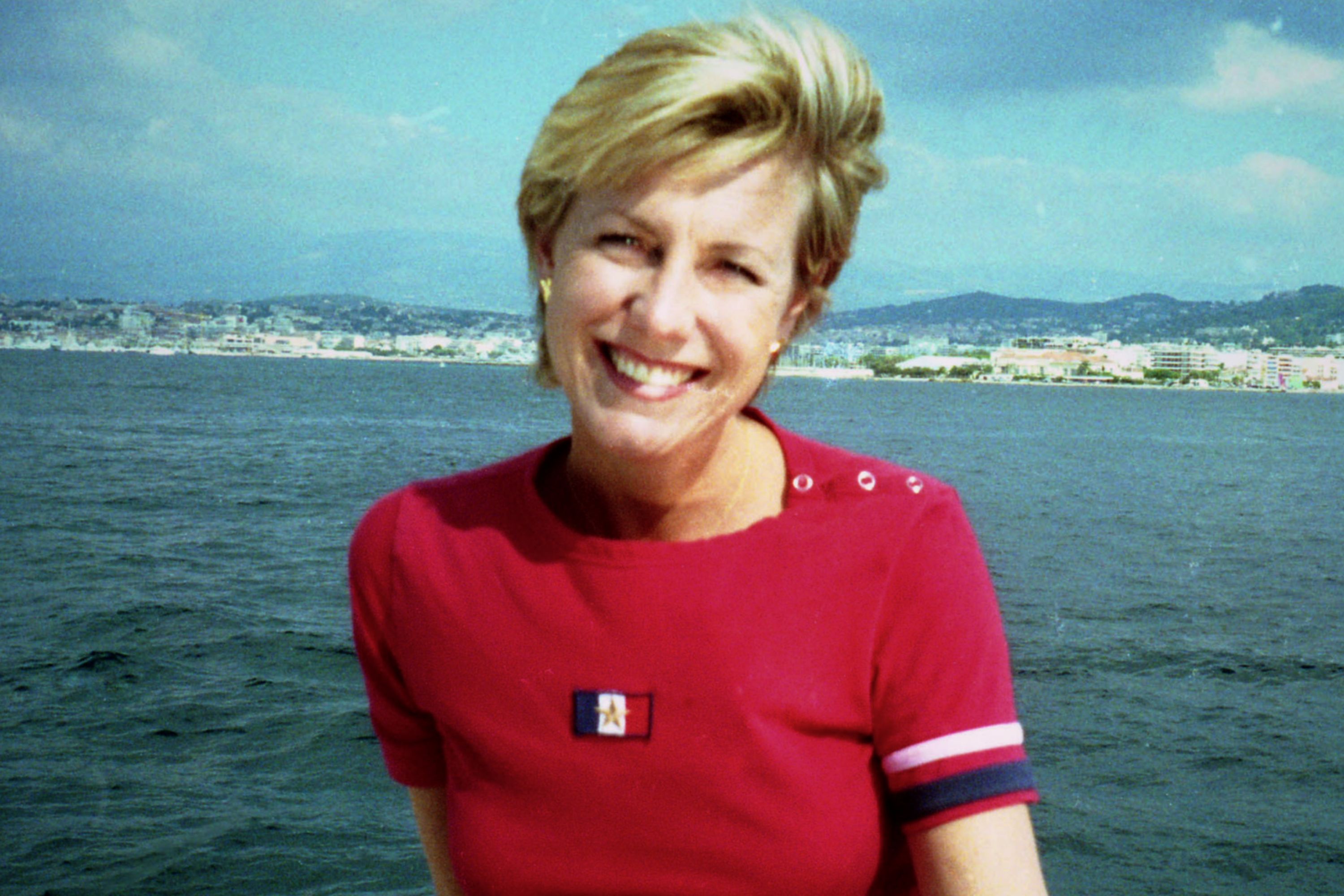
Did Barry George receive compensation?
Barry George has not received compensation, on account of being found "not innocent enough to be compensated".
Again, this was a decision appealed by George and his family, who hoped to claim up to £500,000 for wrongful imprisonment. However, it was always deemed his chances of winning were not realistic. It was ruled that "not innocent enough to be compensated" disqualified him from monetary gain, as a jury could still reasonably convict him despite his acquittal.
Angered by the decision, George's sister, Michelle, was once again on hand to offer her thoughts. "He lost his home, his furniture, his clothing and all of his possessions, his place within his community and his church family," she said.
Michelle Diskin concluded "He has had to rely on his pensioner mother, now deceased, on me, and on the Miscarriages of Justice Support Services, who help those poor, wrongly convicted souls to move back into society. Barry is innocent. He deserves a financial settlement to compensate for all that was taken from him – everything he owned and eight years of his life."
To find out what happened to other offenders after their convictions, we've looked at the whereabouts of William Allen Jordan now - the conman from ITV's The Other Mrs Jordan. The Sixth Commandment series on BBC One left viewers asking where Ben Field is now, and whether a conviction was ever secured for his suspected accomplice, Martyn Smith.

Lucy is a mum-of-two, multi-award nominated writer and blogger with six years’ of experience writing about parenting, family life, and TV. Lucy has contributed content to PopSugar and moms.com. In the last three years, she has transformed her passion for streaming countless hours of television into specialising in entertainment writing. There is now nothing she loves more than watching the best shows on television and sharing why you - and your kids - should watch them.
-
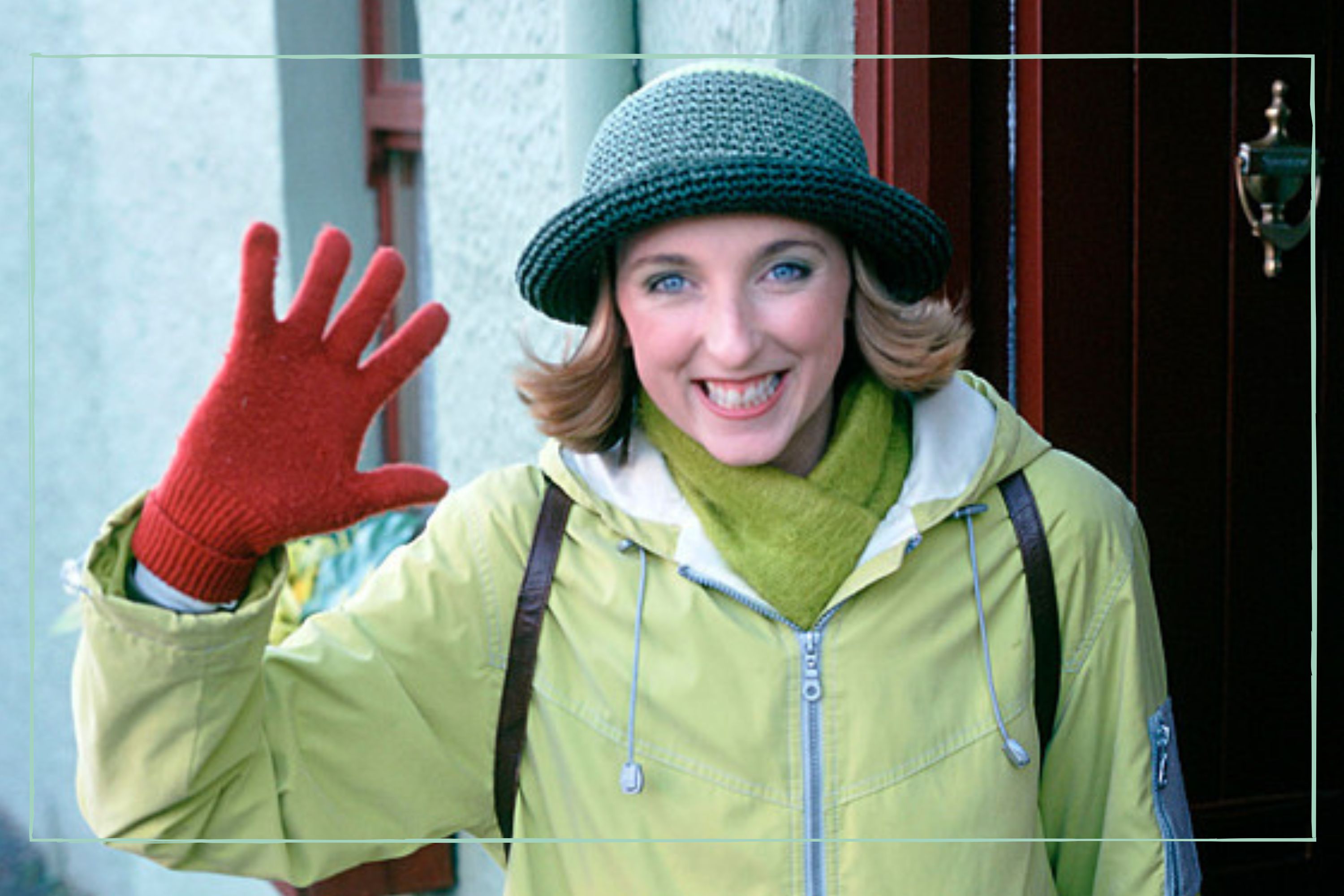 Balamory is back after two decades - why we can’t wait for the reboot of the iconic BBC series
Balamory is back after two decades - why we can’t wait for the reboot of the iconic BBC seriesWhat's the story in Balamory? Now you can find out, as the BBC announces the return of the beloved children's series nearly 20 years after the final episode aired.
By Lucy Wigley Published
-
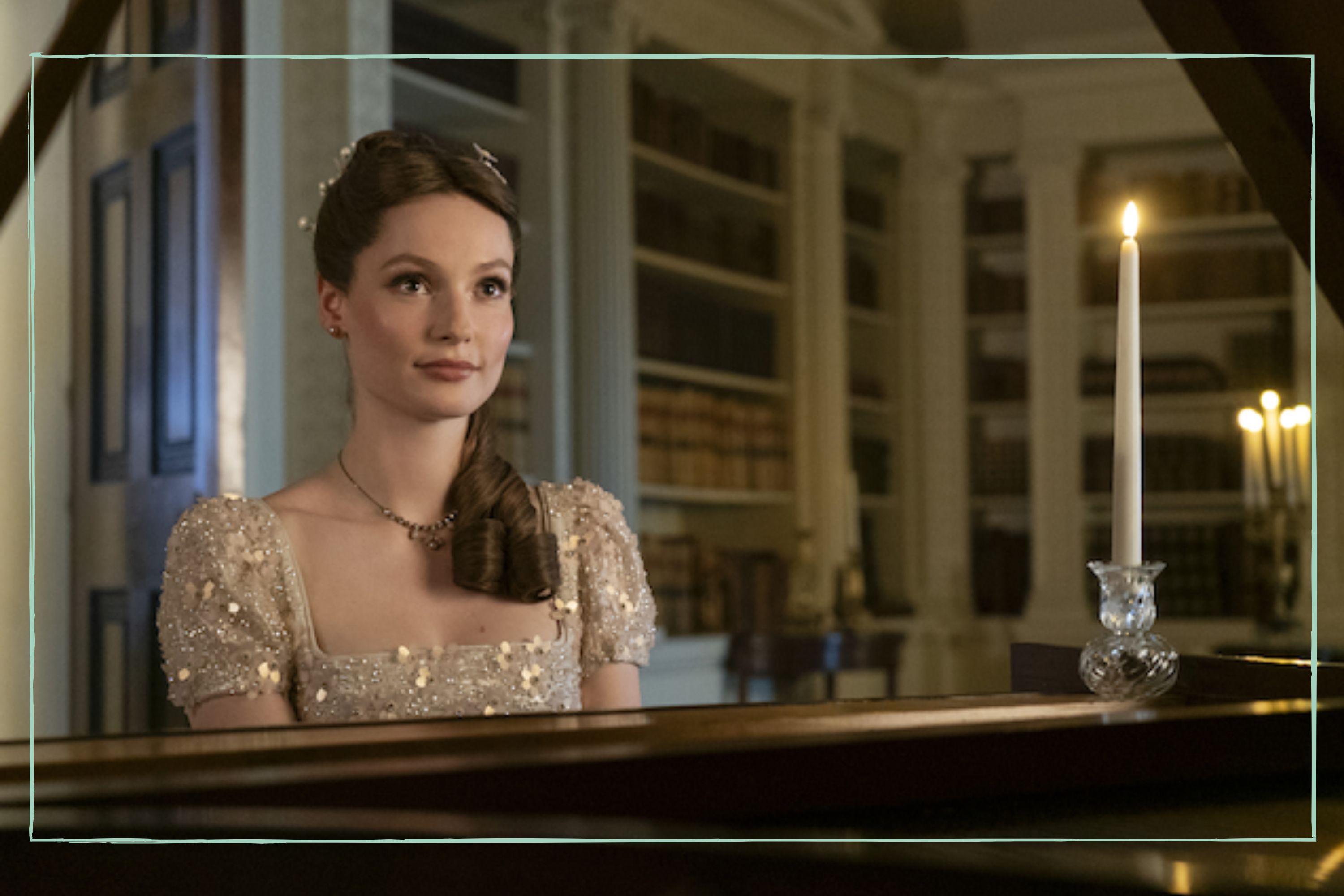 Is Francesca in Bridgerton gay? With more great representation in the show, this expert shares how to start the conversation around sexuality with your teen if they’re watching
Is Francesca in Bridgerton gay? With more great representation in the show, this expert shares how to start the conversation around sexuality with your teen if they’re watchingIs Francesca in Bridgerton gay? It's a question many have asked, and you might need to have conversations around sexuality with your teen if they’re watching.
By Lucy Wigley Published
-
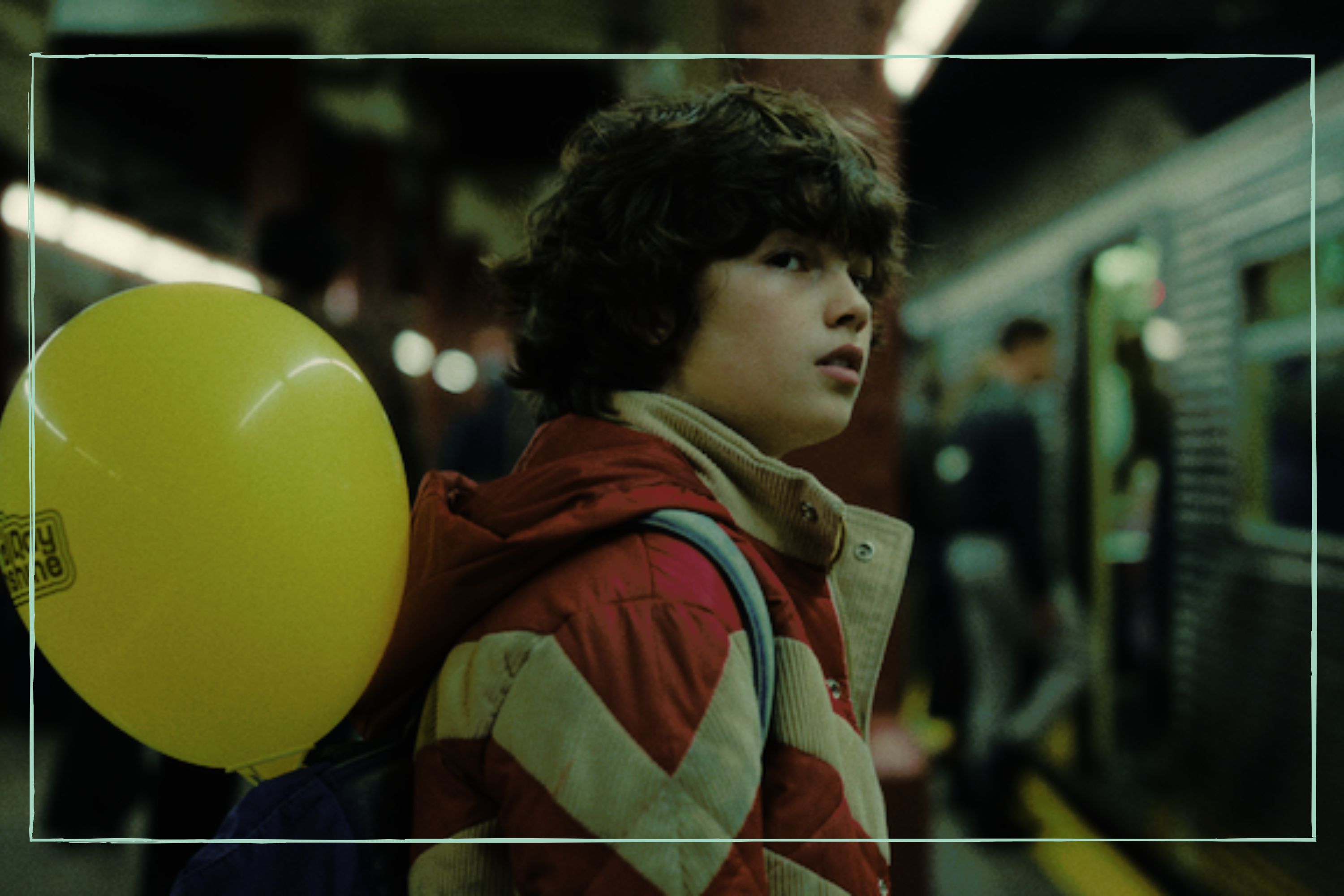 Is Eric a true story? Benedict Cumberbatch lives every parent’s worst nightmare in new Netflix show
Is Eric a true story? Benedict Cumberbatch lives every parent’s worst nightmare in new Netflix showIs Eric a true story? Every parent’s worst nightmare plays out in Netflix's latest show, against a backdrop of 80s New York grappling with AIDS and racism.
By Lucy Wigley Published
-
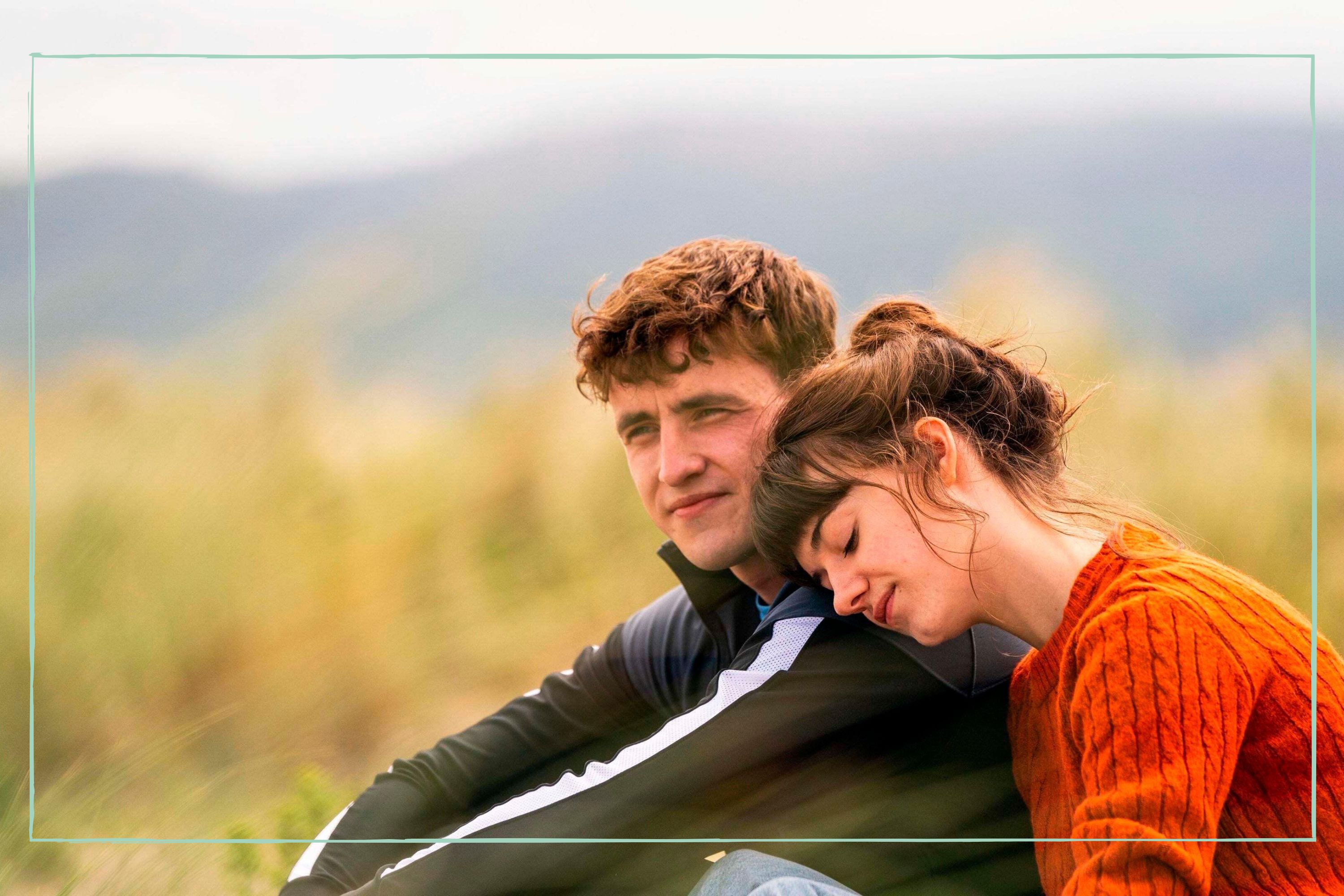 Normal People season 2 rumours are circulating, and we have our own Marianne and Connell 'first love' stories to share
Normal People season 2 rumours are circulating, and we have our own Marianne and Connell 'first love' stories to shareNormal People season 2 rumours are flying around, and we have our own Marianne and Connell moments to share - because everyone remembers their first heartbreak.
By Lucy Wigley Published
-
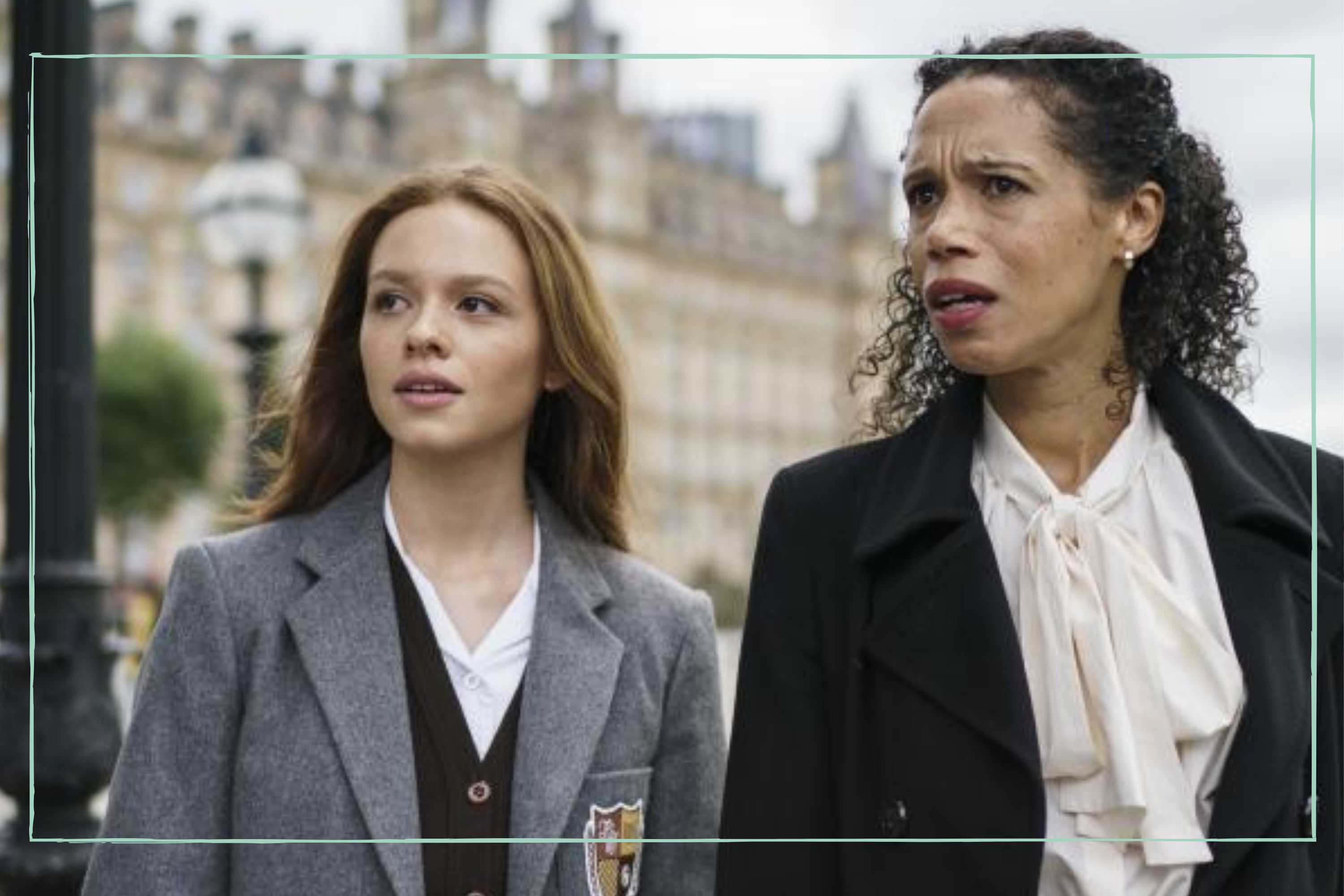 Channel 4 drama The Gathering explores 'toxic teenagers and their even more toxic parents' in an online world dominated by social media
Channel 4 drama The Gathering explores 'toxic teenagers and their even more toxic parents' in an online world dominated by social mediaNew Channel 4 drama explores the challenges of impossible standards set by social media, and how parents themselves become toxic in their need to protect their kids.
By Lucy Wigley Published
-
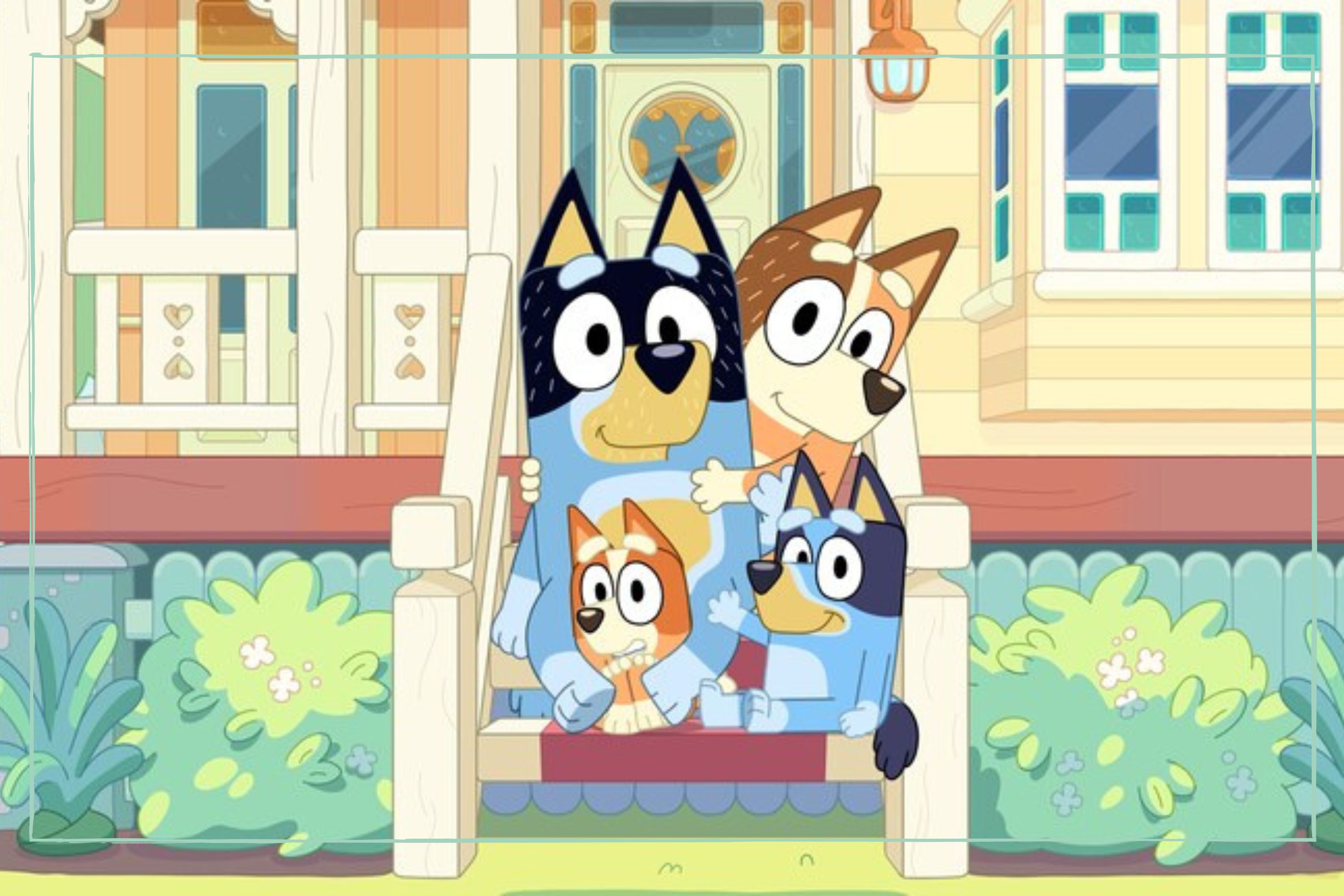 Is Brandy pregnant? Bluey fans think the Heelers could be about to welcome a new cousin following the season 3 finale
Is Brandy pregnant? Bluey fans think the Heelers could be about to welcome a new cousin following the season 3 finaleEagle-eyed Bluey viewers are wondering if Aunt Brandy is pregnant, following a touching moment in the season three finale.
By Ellie Hutchings Published
-
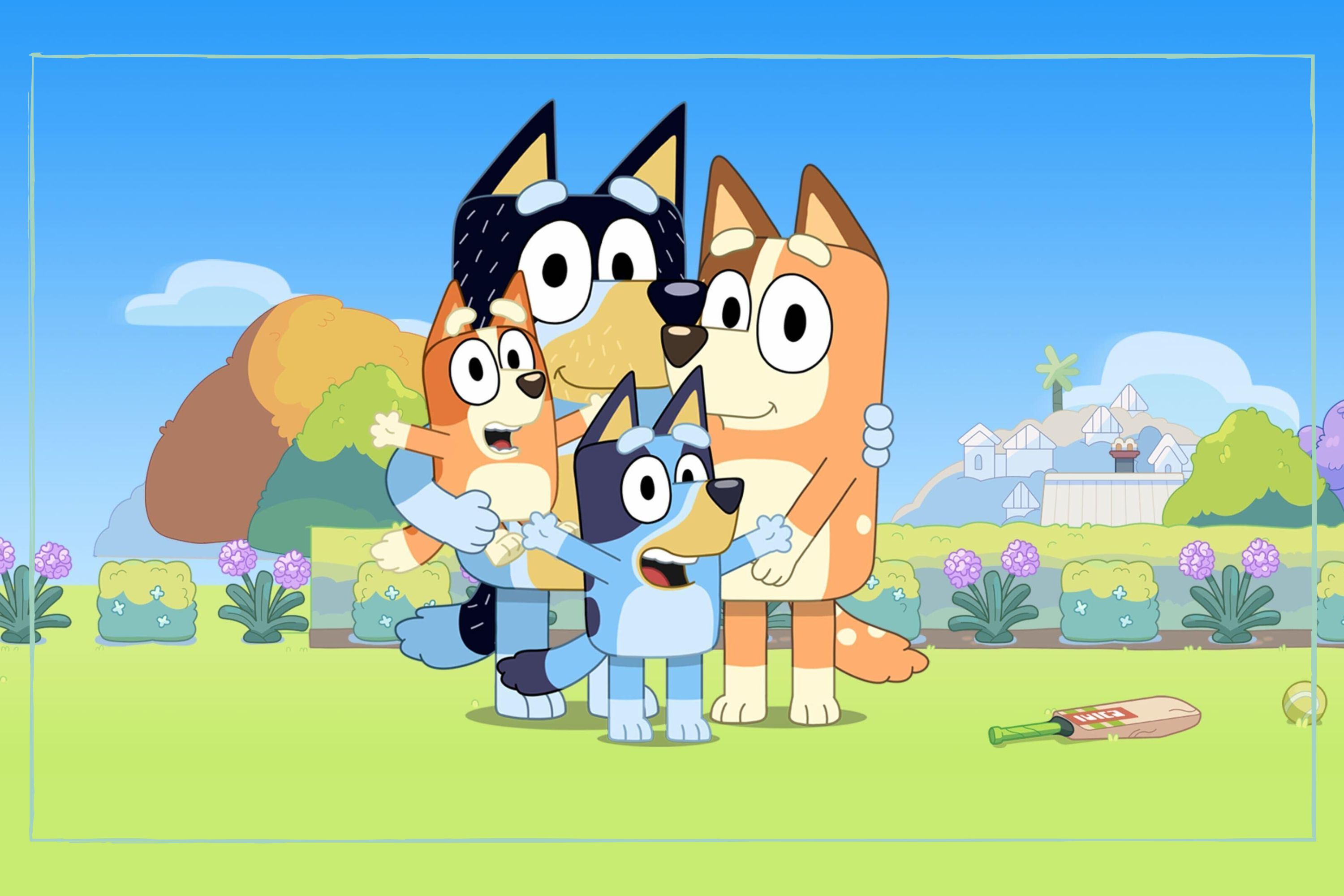 Is Bluey ending? What we know about the rumours around the kids' cartoon, as the Heelers put their house up for sale
Is Bluey ending? What we know about the rumours around the kids' cartoon, as the Heelers put their house up for saleBluey's producer has shared an update on the show's future
By Ellie Hutchings Published
-
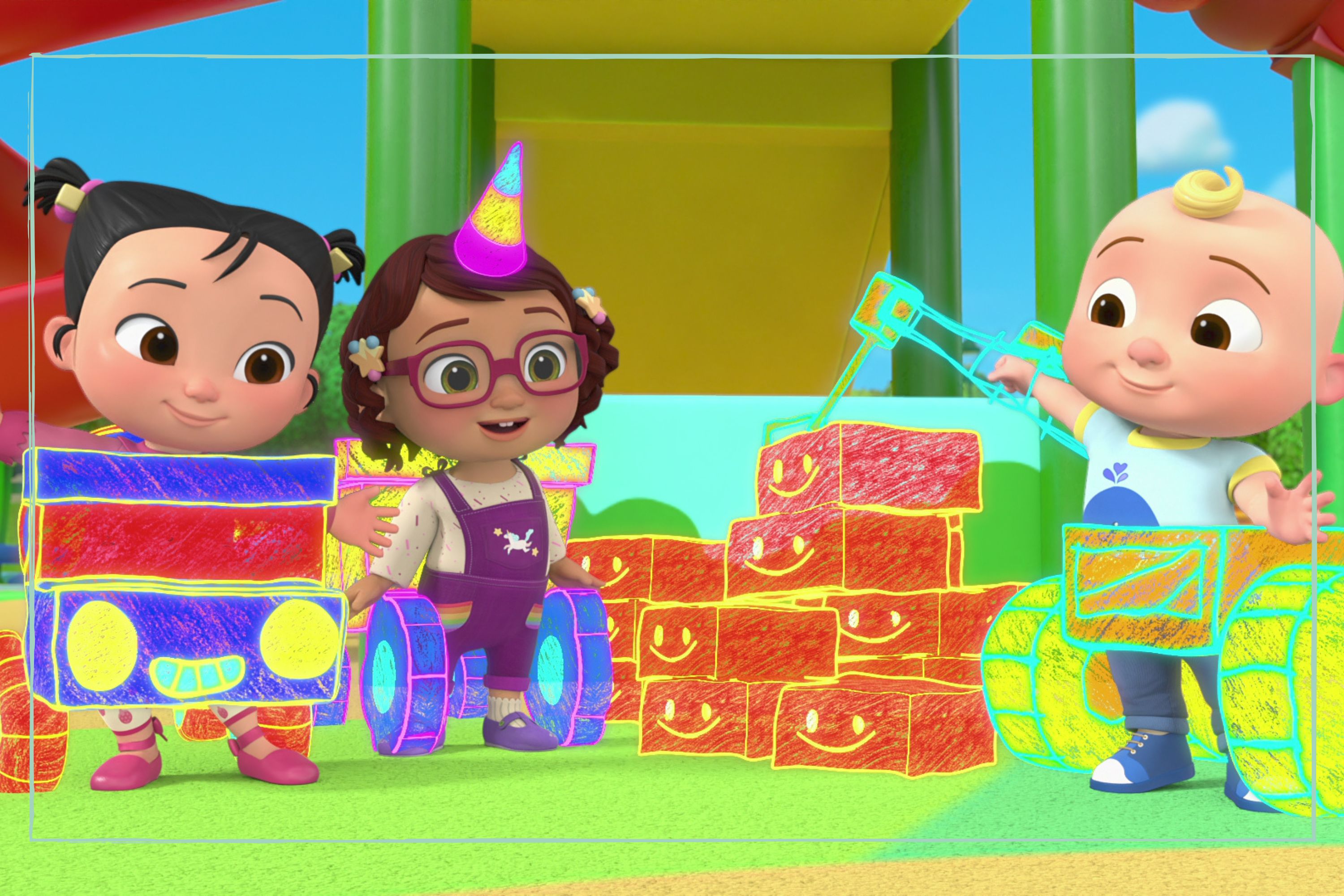 CoComelon has been accused of being 'overstimulating' - the experts explain why it's ok to let your kid watch the popular cartoon
CoComelon has been accused of being 'overstimulating' - the experts explain why it's ok to let your kid watch the popular cartoonCoComelon is adored by kids around the world, but some experts have shared reasons they don't think children should be watching - we look at both sides of the argument.
By Lucy Wigley Published